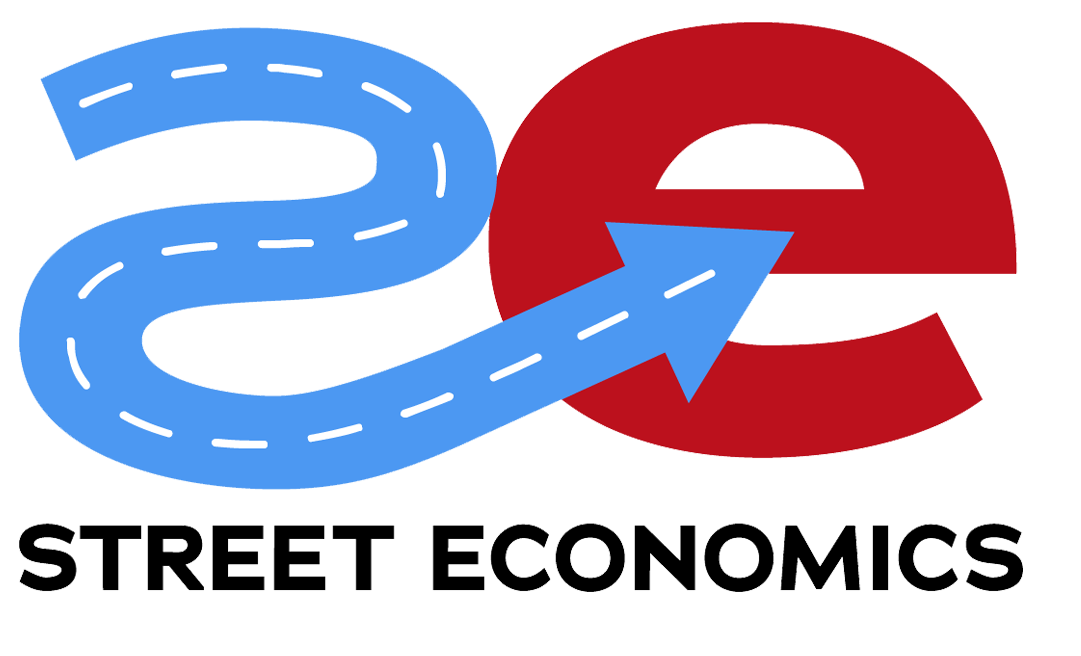BusinessFlare Take
Austin is fine-tuning its housing incentives to tackle affordability at the local level. City staff outlined a series of density bonus program reforms to better match today’s construction economics and boost affordable housing output. Instead of a one-size overhaul, each program (like those downtown and in East Riverside) will be updated one by one – an incremental strategy reflecting market feedback and avoiding a bureaucratic quagmire. The approach shows Austin sweating the details on land-use incentives so developers keep building and residents see more affordable homes, aligning policy with real-world market shifts. (Austin Monitor, May 2, 2025)
Street Economics Insight
The U.S. job market defied expectations in April with 177,000 jobs added – beating forecasts by over 40,000. Unemployment held at 4.2%, signaling resilience even amid trade-war jitters. But national gains don’t guarantee local success. A Street Economics® City Comparison tool would let local leaders benchmark their city’s job growth against peers, revealing if they’re keeping pace or falling behind. Traditional analysis stops at the headline numbers; a focused comparison could uncover which industries are driving growth in one city versus stalling in another, turning a generic “good jobs report” into targeted insight for local workforce strategy. (Associated Press, May 2, 2025)
Drama Meter Reading
Drama Meter: 7.5 – Fort Myers Beach’s latest council meeting turned into a governance soap opera. A councilmember pushed to oust the town’s planning board chair over her political activity, only to be stopped cold by the town attorney citing First Amendment Rights. The public clash – complete with accusations of “personal vendettas” – lays bare dysfunctional leadership. Such infighting spooks investors and volunteers alike: if advisory board members can be sacked on a whim, why trust the town’s stability? The turmoil directly undermines economic confidence, making this Florida beach town’s power struggle more than just political theater. (Fort Myers Beach Observer, May 2, 2025)
Book Drop
St. Louis has hit the “Red Tape Empire” wall. The city had to freeze all new short-term rental permits after a judge slapped a restraining order on its recently passed Airbnb regulations. Neighbors begged for stricter rules to curb party houses, but the well-intentioned ordinance got tangled up in court on day one. It’s a scene straight out of Red Tape Empire – bureaucracy and legal challenges stalling a solution everyone ostensibly wanted. The parallel is clear: without cutting through procedural overkill and legal pitfalls, even a popular policy can become an economic development dead zone, stranding entrepreneurs and residents in limbo. (St. Louis Magazine, May 1, 2025)
ECOSINT Signal
Half a world away, a geopolitical shift carries local ripples. Moscow announced it will help the Taliban fight ISIS-K in Afghanistan, signaling a new layer of complexity in South Asia’s security landscape. No U.S. city council will vote on that, but the impacts could hit home: a revived terror threat or refugee wave would strain city resources from policing to housing. This ECOSINT (economic intelligence) signal warns city leaders to stay agile – global power plays can quickly become local challenges. The takeaway for cities: strengthen community resilience and liaison with federal authorities, because international security bargains forged today might shape Main Street’s reality tomorrow. (Reuters, May 2, 2025)
Red River Flavor
Big grocery is going local in a bid to boost food sovereignty. Wakefern Food Corp – the cooperative behind ShopRite supermarkets – just opened applications for regional farmers to supply its stores. In a July summit, small and midsize growers from the Northeast will get a shot at pitching their produce to fill shelves at 350+ supermarkets. The idea: cut out cross-country shipments and invest in nearby farms. Wakefern’s execs say this is about helping local growers scale up and bringing customers real homegrown ingredients. It’s a modest program with a bold philosophy: strengthen local farm economics and give shoppers food that hasn’t been hauled for a thousand miles. (NJBIZ, May 2, 2025)
The Music Cities
Birmingham, Alabama, is literally building music into its urban fabric. A new retail development in the city’s Lakeview district will now include a live music and event venue as a cornerstone. This isn’t about hosting one festival – it’s permanent infrastructure to anchor the nightlife economy year-round. City boosters know a dedicated venue means more bands on stage, more fans spending evenings in town, and more vibrancy in an area once just another strip of bars. By baking music space into a mixed-use project, Birmingham is leveraging cultural infrastructure as economic development rocket fuel – driving foot traffic, supporting local talent, and branding Southside as a must-experience district for both arts and investment. (Birmingham Business Journal, May 2, 2025)
Space Economy Signal
A Colorado aerospace startup just scored a massive cash infusion, underscoring how the new space race is boosting local economies. True Anomaly, a young company in suburban Denver, raised $260 million to scale up production of its orbital surveillance spacecraft for the U.S. Space Force. These aren’t science fair cubesats – we’re talking “dogfight” satellites designed to maneuver in space and inspect other objects. The deal means a major expansion in the Denver tech corridor: more high-tech manufacturing jobs, possible new facilities, and a growing cluster of specialized suppliers. City and county officials in the region are taking note: when the private space sector takes off, it’s not just rocket science – it’s local land use, workforce training, and zoning for that new factory on the edge of town. (Denver Business Journal, May 1, 2025)
Purple Cow of the Day
A small Midwestern suburb is proving that bold innovation isn’t just for the big cities. Hilliard, Ohio (population 37,000) built its own high tech incubator – City Lab – and even a public “AI sandbox” to lure startups and test new ideas. In the past four years, the city poured nearly $1 million into 32 experimental projects, yielding everything from a 911 response drone to an algae-clearing robot for local ponds. This out-of-the-box strategy just landed Hilliard on Fast Company’s list of most innovative economic development teams. It’s today’s Purple Cow: an unorthodox, attention-grabbing model of economic development where a small city bets on homegrown tech solutions – and it’s paying off by diversifying the local economy in ways that many much larger cities haven’t dared. (Ohio Tech News, March 21, 2025)
About Street Economics Daily
Street Economics Daily cuts through noise, jargon, and bureaucracy to deliver sharp, actionable insights for civic and economic development professionals. Blunt, irreverent, and grounded firmly in reality, it’s essential daily reading for city leaders who refuse to settle for outdated strategies.



Comments are closed